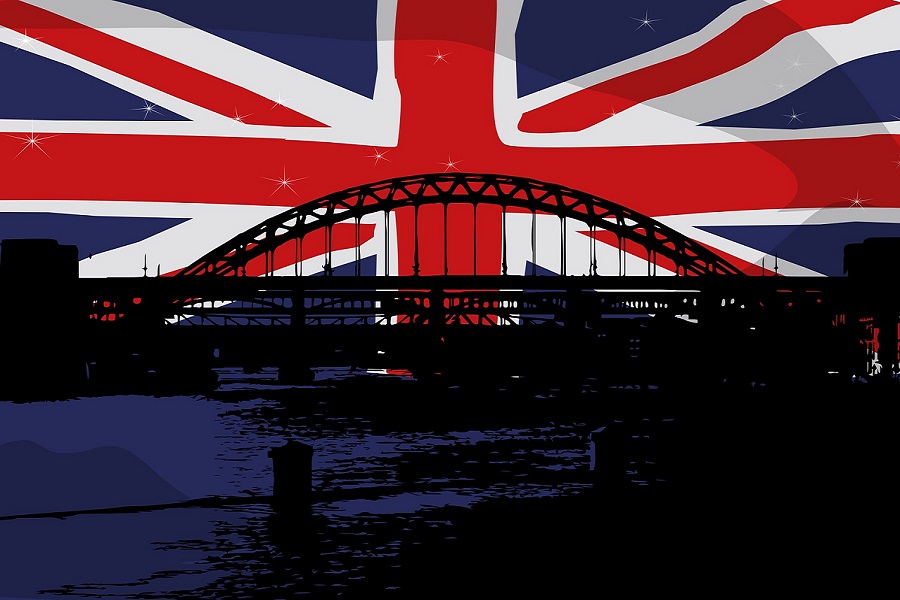Výbor pre obranu britského parlamentu prerokoval 5. júla správu „Russia: Implications for UK defence and security”. Dokument hodnotí vojenskú silu Ruska, analyzuje ruské vojenské akcie a taktiež stratégiu Veľkej Británie a NATO voči Rusku. Dokument obsahuje aj odporúčania pre politiku Británie vo vzťahu k Rusku.
Dokument na stiahnutie dostupný tu: Russia-UK-implications-security
Na túto správu oficiálne reagovalo aj ministerstvo zahraničných vecí RF, keď jeho hovorkyňa M. Zacharova uviedla:
„We took note of a lengthy report by the Defence Committee of the House of Commons released on July 5 and titled “Russia: Implications for UK defence and security.” I have already posted a brief evaluation of a number of its provisions on my Facebook page. Now, I would like to spend a few more moments discussing it. Given the logic used by the authors of this document, it causes fairly mixed feelings. On the one hand, the authors are caught up in stereotypes they have fallen for, and included several tired theses about Russian aggression in Ukraine, threatening behaviour toward NATO members, propaganda and misinformation, etc. On the other hand, they state the unprecedentedly poor state of Russian-British relations (which is true, and we officially state that), and call upon the UK government to resume a dialogue with Moscow as soon as possible in order not to risk the occasional appearance of conflicts which can be avoided by improving information exchange. I can’t help but say that this is a sensible and timely idea. However, the authors call for not only keeping the existing EU sanctions intact, but even expanding them. Notably, they made a shamefaced disclaimer that due to the Brexit vote, the UK’s ability to push through this decision will be put to the test. The lack of understanding or the distortion by the authors of the causal links when trying to understand the ongoing events, including in the context of Russia’s foreign policy, causes our deepest regret. Russia is portrayed as the primary source of all the problems that NATO, including the United Kingdom, are forced to deal with. In fact, what they are seeing is the reflection in the mirror. If this report reflects anything, it’s the chaos and the confusion of British analytical thinking of late. Of course, we are concerned about the level of competence of the British analysts as they try to understand the processes taking place in the world and Russia. Several pages of that document focus on insufficient staffing of the units that are in charge of the post-Soviet space, poor knowledge of the Russian language by the staff and the inferior quality of their analysis. I find it hard to disagree. I would like to note once again that, in our view, an important point of this report is that resuming relations and especially the exchange of information across various departments – diplomatic, military, and specialised agencies – is now more relevant than ever.“
* * * * *
Zdroj dokumentu: http://www.publications.parliament.uk/pa/cm201617/cmselect/cmdfence/107/107.pdf
Zdroj stanoviska MZV RF: http://www.mid.ru/en/foreign_policy/news/-/asset_publisher/cKNonkJE02Bw/content/id/2348943#6
Ilustračné foto: pixabay.com







